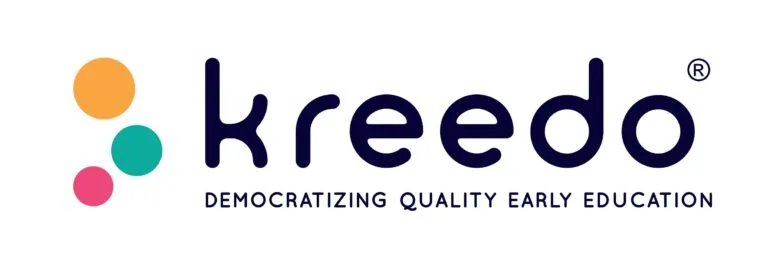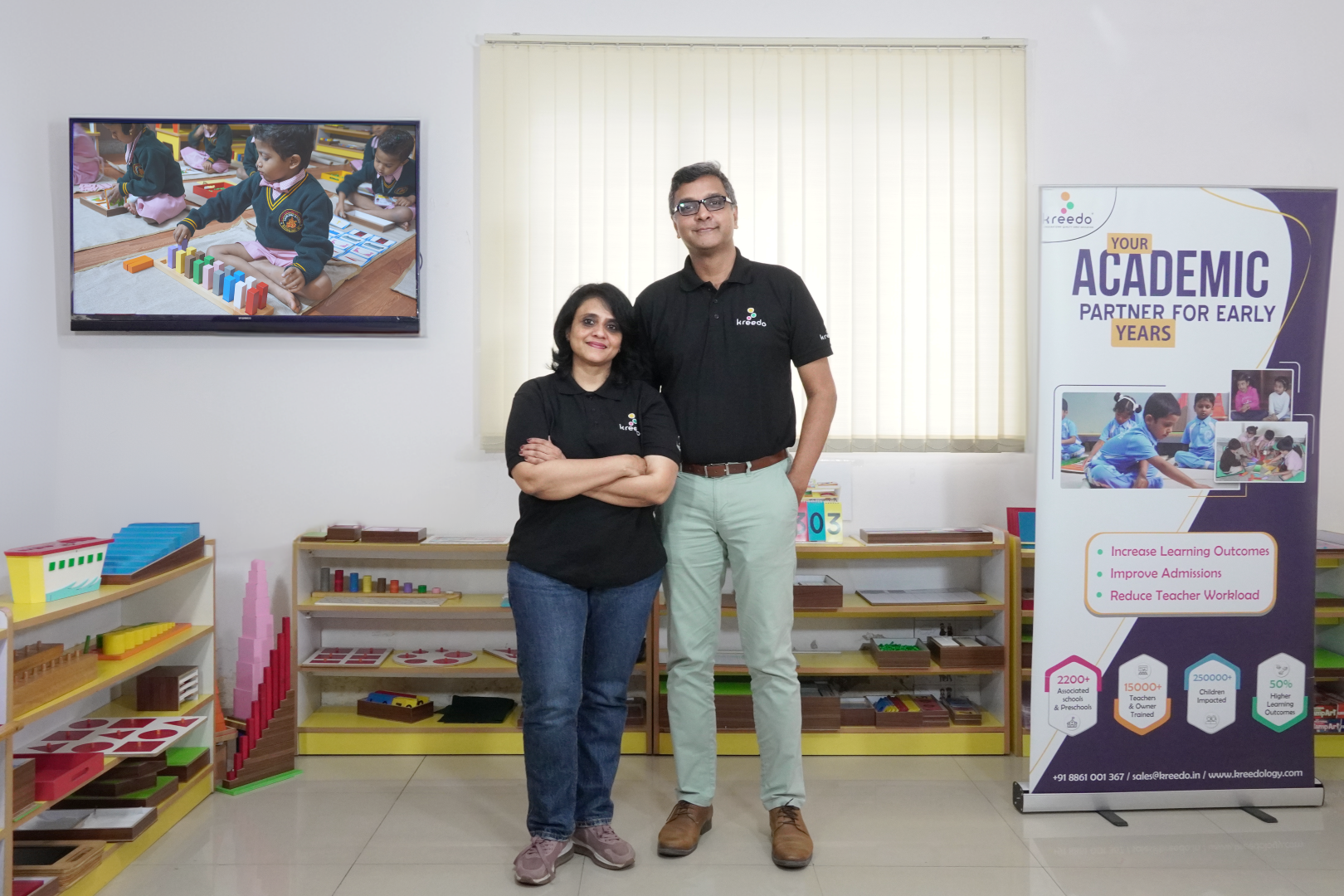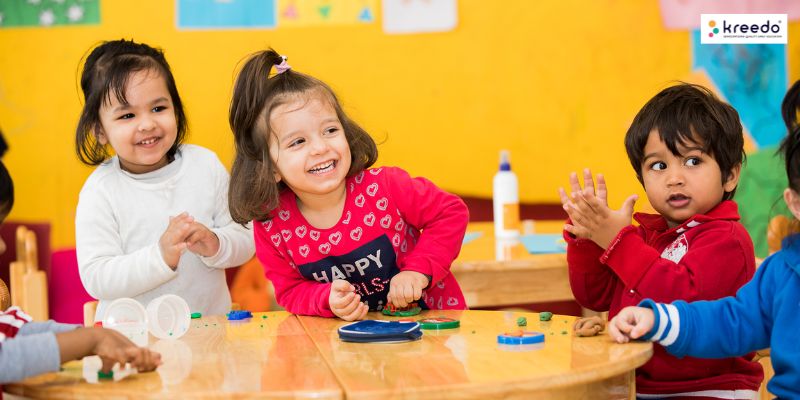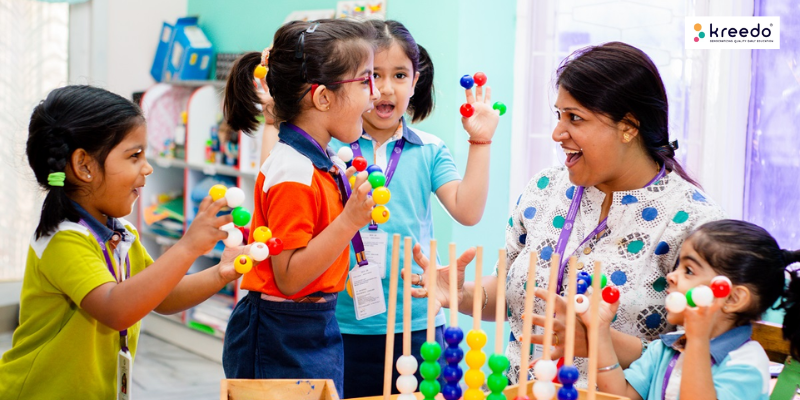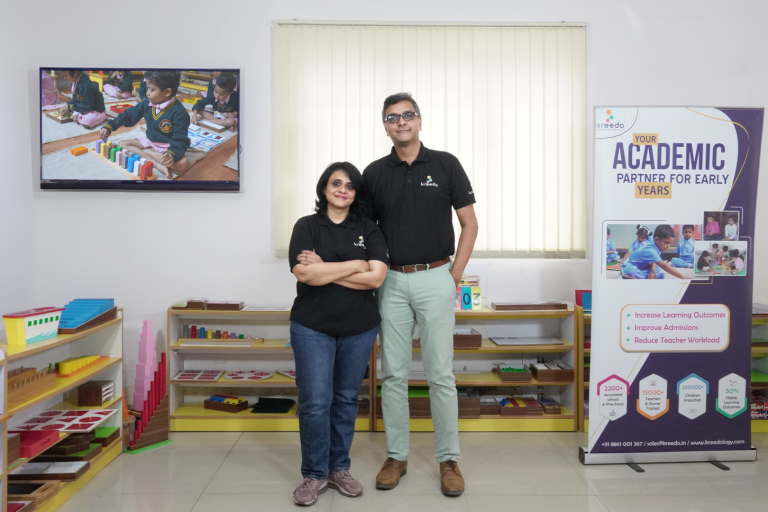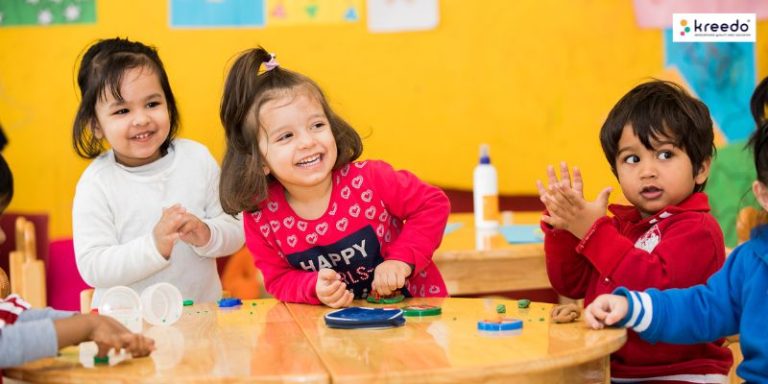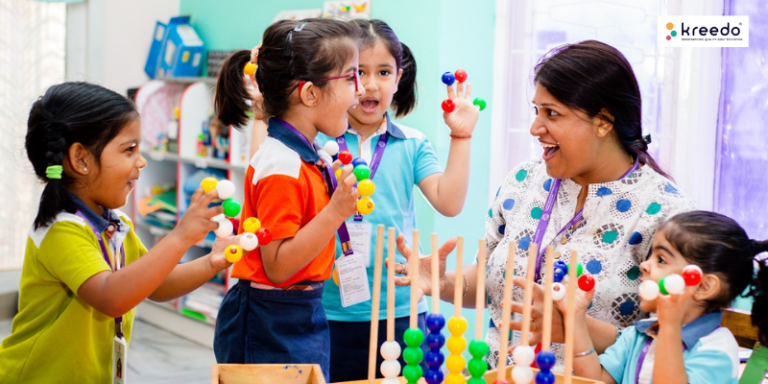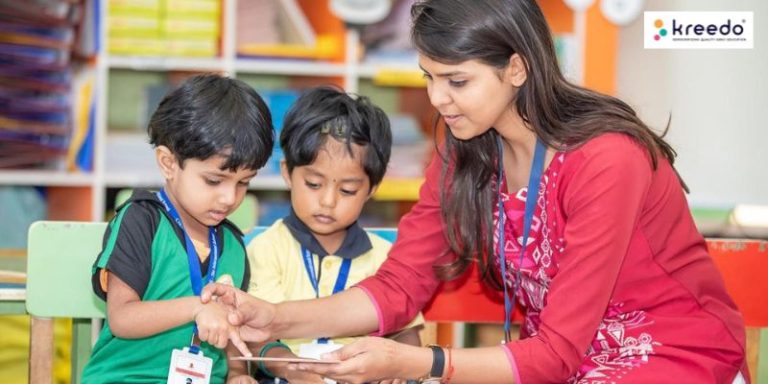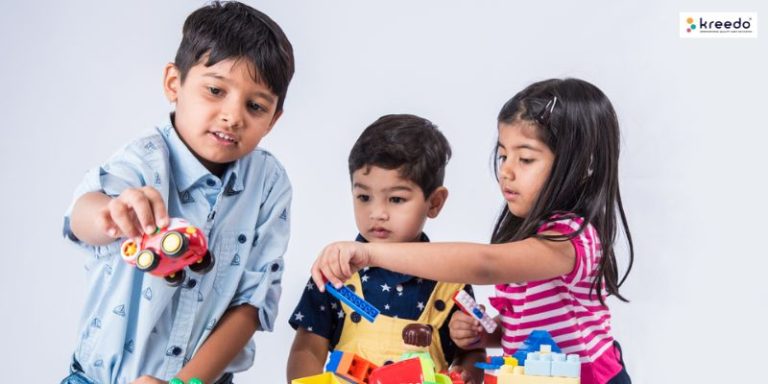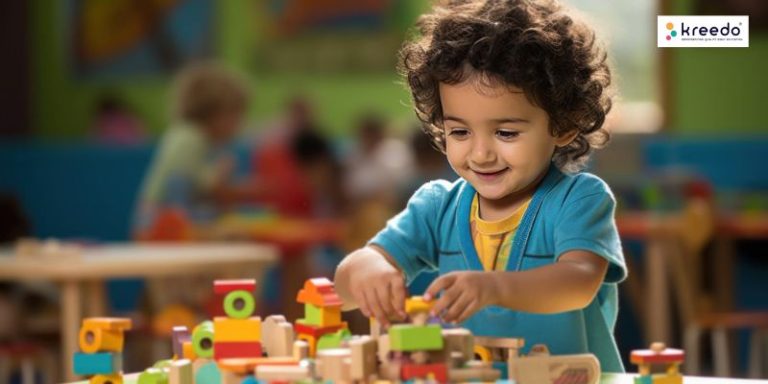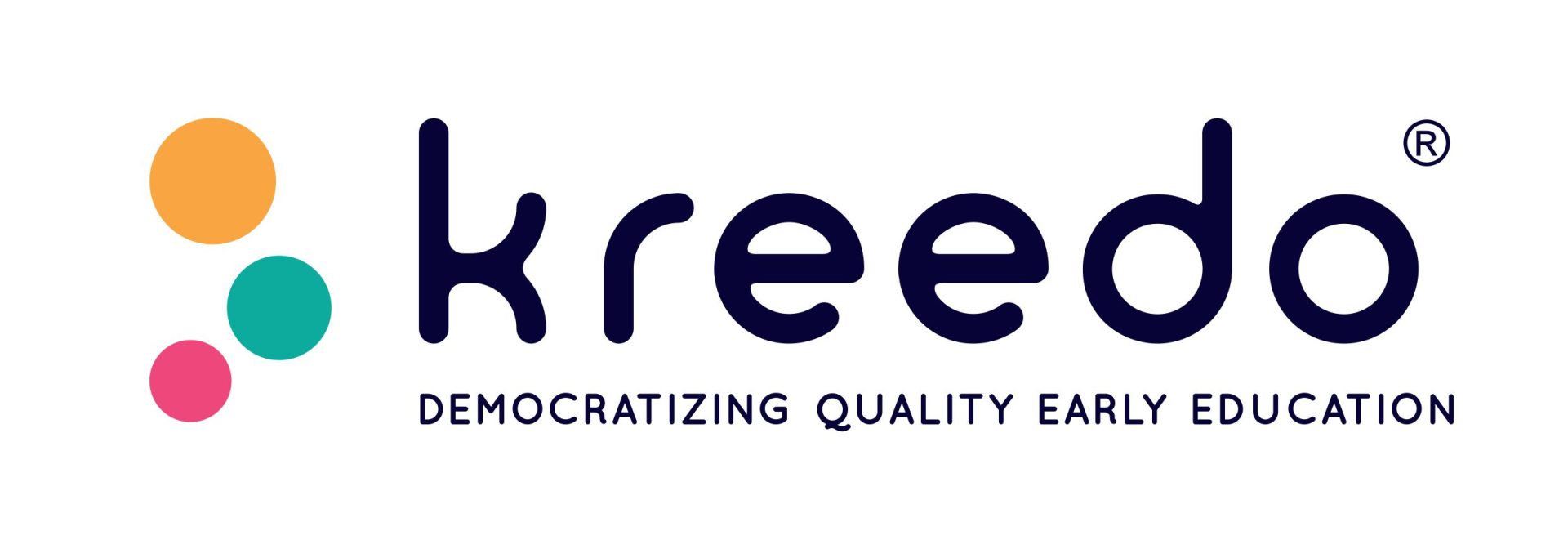What does ‘holistic learning’ mean?
Holistic learning is based on child development and early years pedagogy. In providing holistic learning, educators recognize that children are learning from conception and develop in their own time and at their own pace. They understand that all children are strong, competent, and unique. They know that children are creative and independent thinkers, great problem solvers, and communicators who learn and grow through play.
Why is holistic learning important?
Children are not divided into separate domains, learning areas, learning styles, intelligence, creativities, attitudes, or dispositions! They are all of these things, all of the time. Educators are responsible for ensuring that theoretical or administratively useful categories are not used to divide children into neat little bundles that actually militate against their learning.
What does holistic learning look like in practice?
Programs in the early years must be integrated, whether they be in care settings or schools. They need to be focused on helping children to make meaning across whatever categories we use to devise learning programs – domains, learning areas, etc. This is one of the main responsibilities of the educator – and is not something that should be left to the children to do ‘in their heads’ or for families to make sense of at home.
Literacy and numeracy are embedded in meaningful (to the child) learning provided through play based on experiences, investigations, inquiries, and experiments. This does not preclude intentional teaching. As the Early Years Learning Framework says ‘Holistic approaches to teaching and learning recognize the connectedness of mind, body, and spirit. When early childhood educators take a holistic approach they pay attention to children’s physical, personal, social, emotional, and spiritual well-being as well as cognitive aspects of learning.’
What you will not see?
-
- A curriculum is divided up into discrete learning areas.
-
- A concentration on literacy and numeracy to the exclusion or minimization of other domains, predetermined times for children’s participation in learning experiences, etc.
We at Kreedology believe in the holistic approach to the child’s development. Hence we do not focus just on language and numbers but give equal importance to all the other areas like personal, social, and emotional development, physical development, sensorial development, and creative development.
